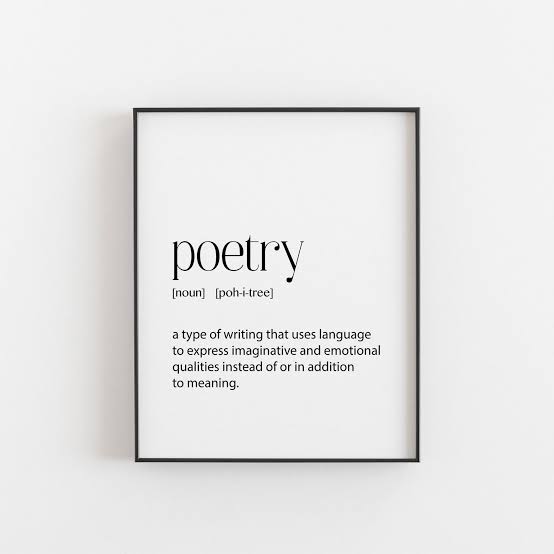
Course Description:
The purpose of this course is to introduce learners to the complexity and pleasure of poetry. The students will learn how to appreciate and interpret poetry.Course Learning Outcomes:
At the end of the course, student will be able to:
CLO1 | Demonstrate knowledge of poetry of various forms and periods |
CLO2 | Understand and appreciate poetry as a literary art form |
CLO3 | Analyze a poem according to structure, form, figures of speech, symbolism, diction, sound, and theme etc. |
CLO4 | Develop critical thinking skill |
- Teacher: Shahrina Afrin Siddique
Skill Level: Beginner
